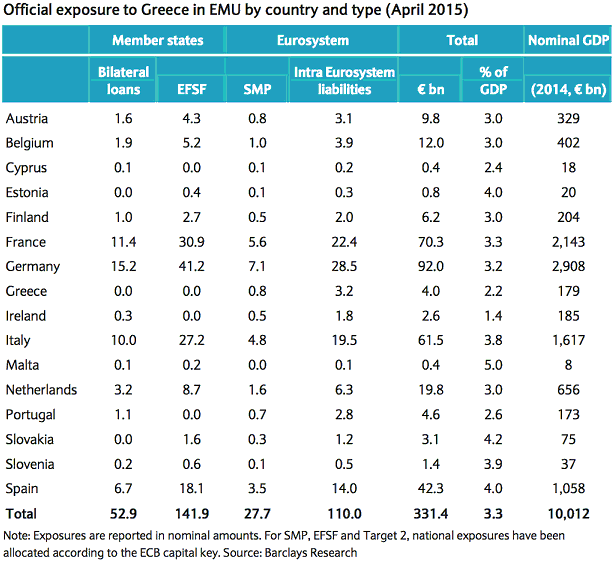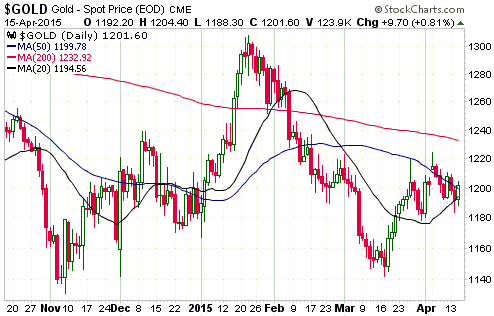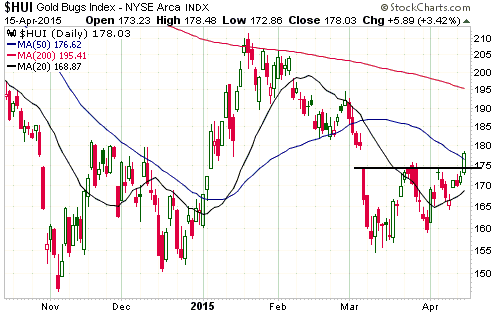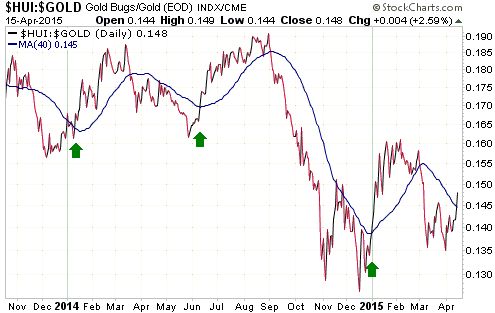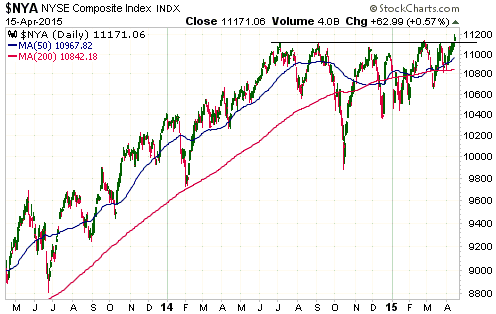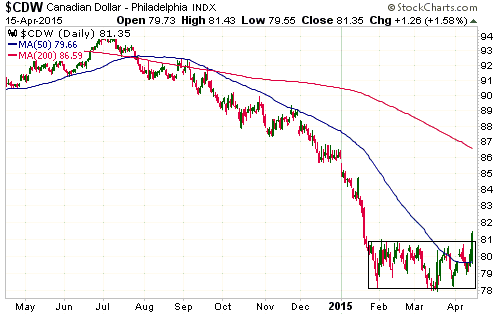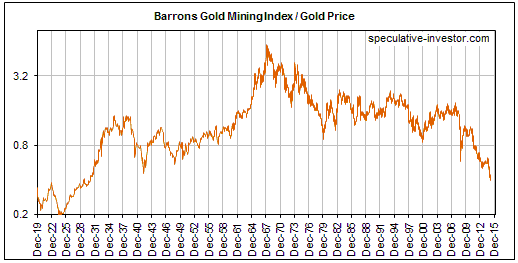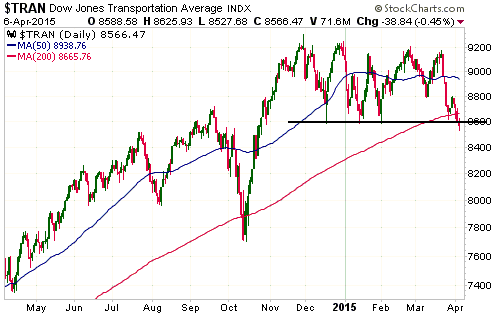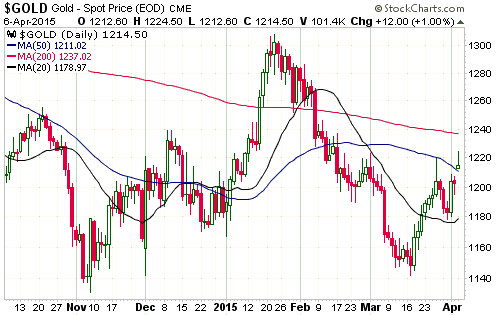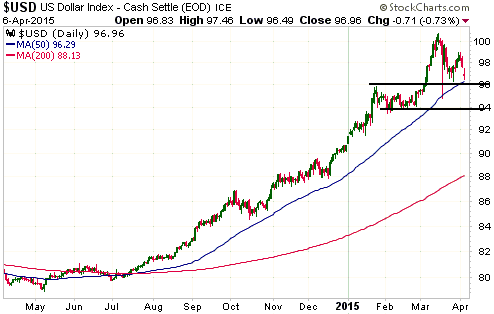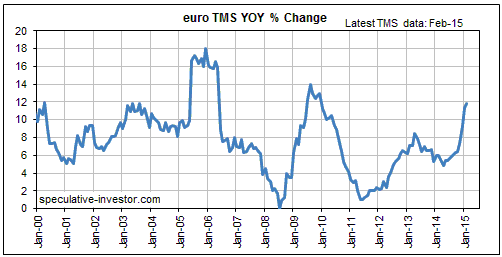There’s an old saying that goes something like: If you owe the bank $100K and you can’t pay then you have a problem, but if you owe the bank $100M and you can’t pay then the bank has a problem. This saying applies to the current negotiations between the Greek government and the other euro-zone (EZ) governments regarding the Greek government’s ability to obtain additional support from its official-sector creditors. In particular, it explains why the governments of Germany, France, Italy, Spain, etc. are very keen for Greece to remain part of the EZ.
The following table shows the official-sector EZ exposure to Greek government debt. More specifically, the table shows the direct and indirect (via supranational organisations) financial exposure of each EZ member state to the bonds issued by Greece’s government. Total exposure amounts to about 330B euros, with individual exposure typically being in the 3%-4% of GDP range. In nominal euro terms, the states with by far the biggest exposure are Germany (92B), France (70.3B), Italy (61.5B) and Spain (42.3B).
If Greece leaves the EZ and the Greek government defaults on its debt, how will the political leaders of the remaining EZ members explain the resultant hit to their taxpayers? If they were honest (which, of course, they aren’t), the explanation would be along the lines of:
“On my watch we transferred an amount of money equivalent to more than 3% of our country’s GDP from you, the taxpayer, to various programs designed to bail out your counterparts in Greece. Actually, that’s not true. Far from being bailed out by the money transferred from your good-selves, the Greek government was saddled with a vastly greater debt burden and Greece’s economy was pummeled further into the ground. It was actually the private holders of Greek government bonds who were bailed out. Why? Well, in my defense, Greece’s economy was in the toilet anyway and I was advised that there would be a euro-zone-wide financial crisis if the bond-holders weren’t bailed out. I’m aware that the current crisis is much worse than the crisis we avoided by implementing the bailout, but there’s no point crying over spilt milk. So, please let bygones be bygones and vote for me anyway.”
The desire to avoid having to make a sanitised version of the above speech will be a powerful motivator as Greece-related deadlines approach over the weeks immediately ahead.
 Print This Post
Print This Post

